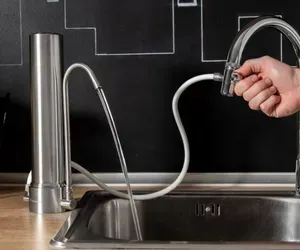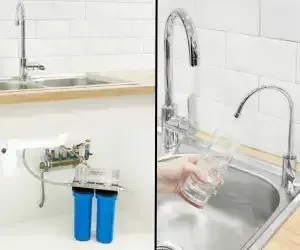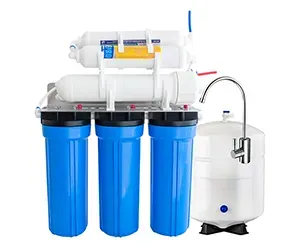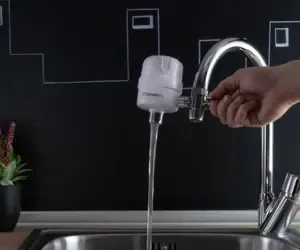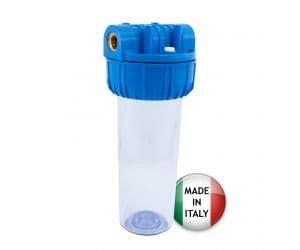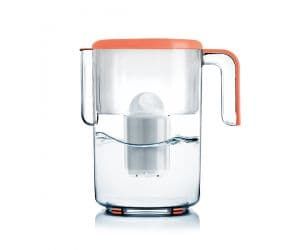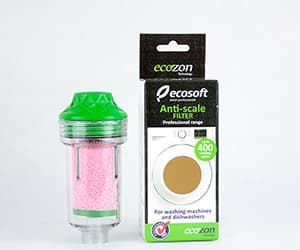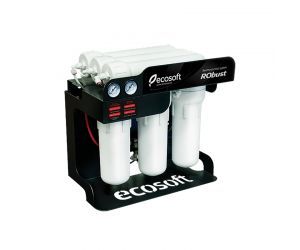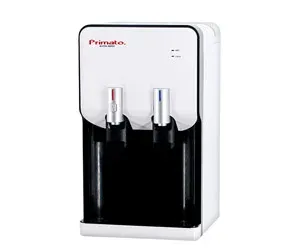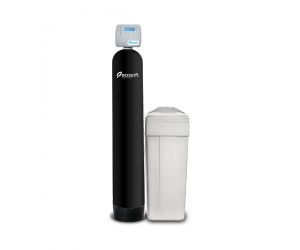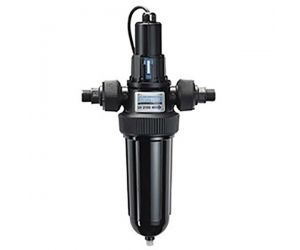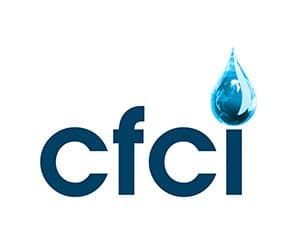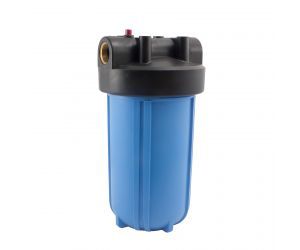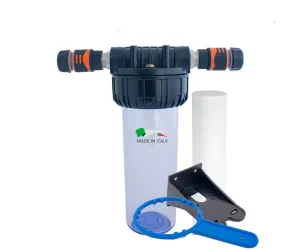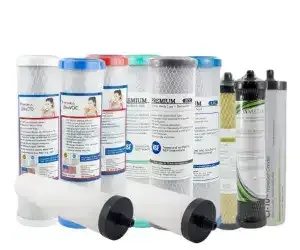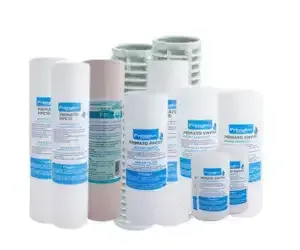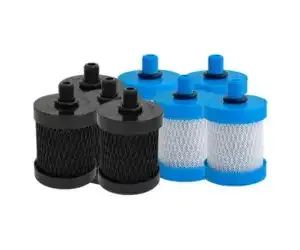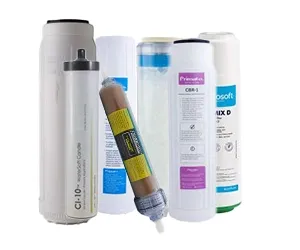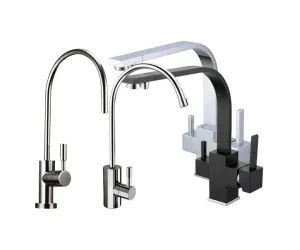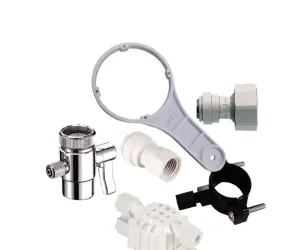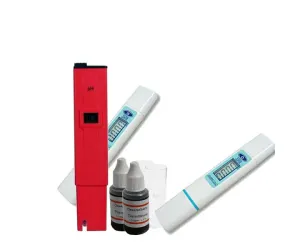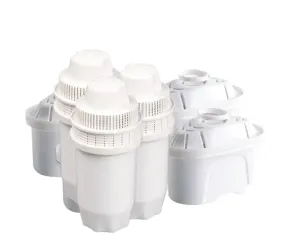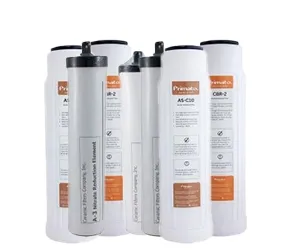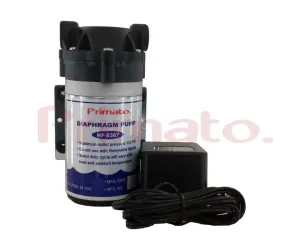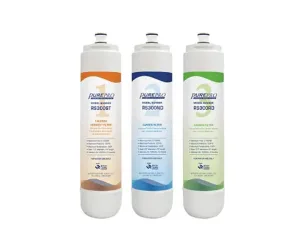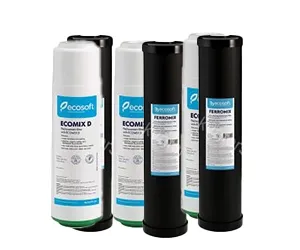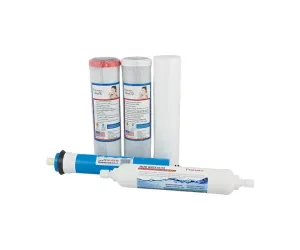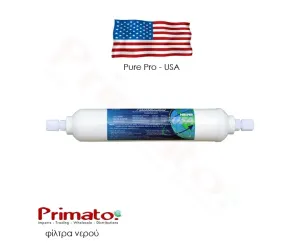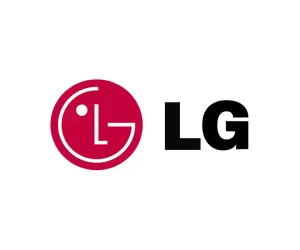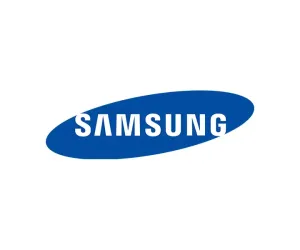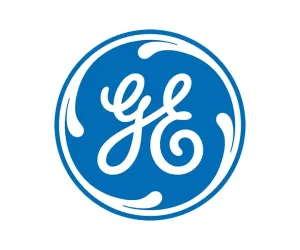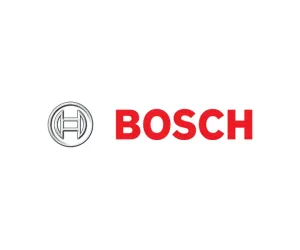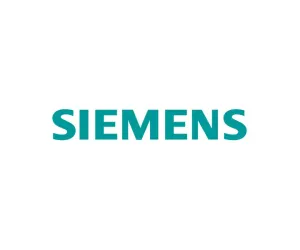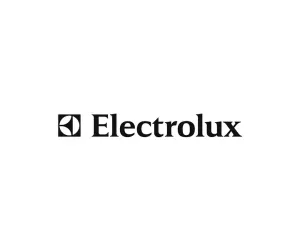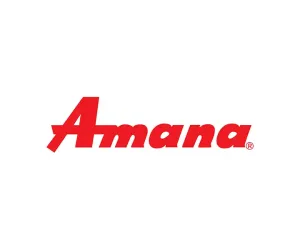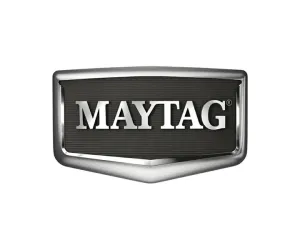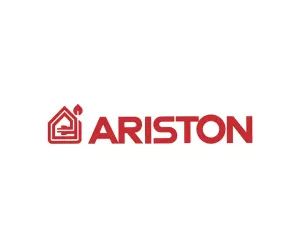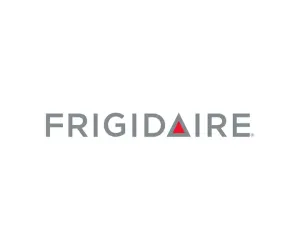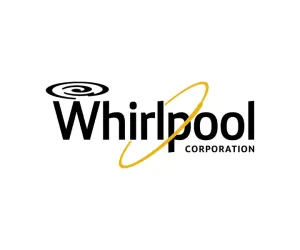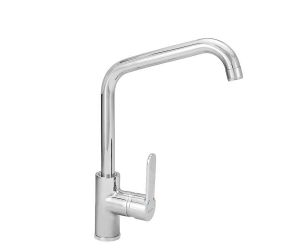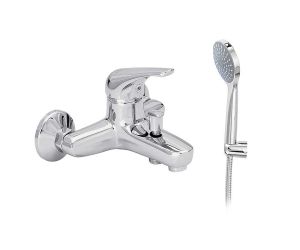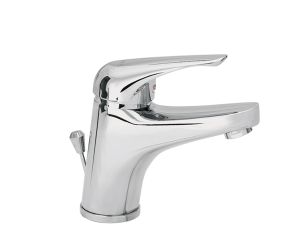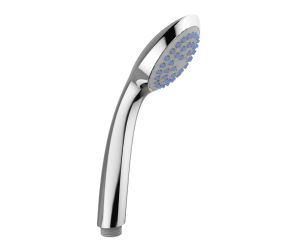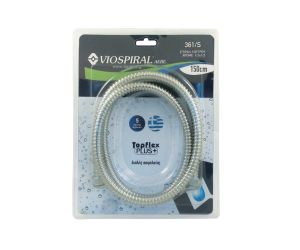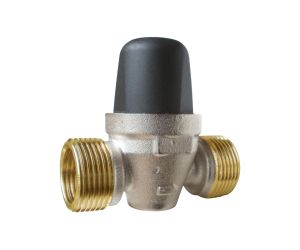The water supply network of Athens
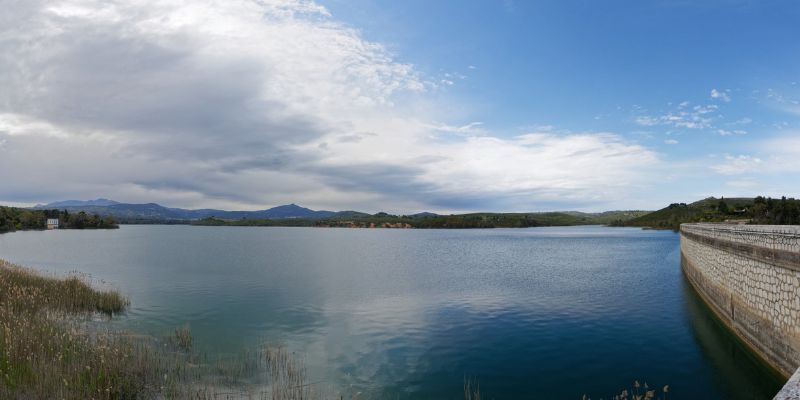
Athen's water supply network provides clean and safe drinking water to millions of residents and visitors each day. The system relies on surface and groundwater sources and a network of pipelines, pumps, and treatment facilities, to ensure that the water delivered to homes and businesses is of the highest quality, according to the latest European standards and according to greek law for potable water.
Athens, the capital of Greece, has a long history of water supply management, dating back to ancient times. The city is named after the ancient greek goddess Athena, who is said to have given the city its first water source – a well on the Acropolis hill. Today, the water supply network in Athens is managed by the Athens Water Supply and Sewerage Company (EYDAP), which is responsible for the production, distribution, and treatment of water in the city and its surrounding areas.
The surface water sources include the artificial Marathon Lake, the natural Lake Yliki, and the Mornos River. These sources are supplemented by groundwater sources, which include wells located throughout the greater Attica region.
The water from these sources is transported to a number of EYDAP's treatment facilities, where it undergoes a special treatment processe to ensure that it is safe for consumption according to European standards for safe drinking water.
After this special treatment, water is transported through a network of pipelines and pumps to homes and businesses throughout the city. The network is divided into different pressure zones, which help to maintain a consistent water pressure throughout the system. The network also includes a number of storage tanks, which help to ensure a reliable supply of water during peak demand periods.
EYDAP's goal is to provide clean and safe drinking water to residents but there are still some challenges that they need to address. The age of the infrastructure for example, in some cases dates back over a century. Many of the pipes in the system are made of outdated materials, such as lead and asbestos, which can pose health risks if they deteriorate over time. EYDAP is working to replace these pipes with more modern materials, but the process is slow and expensive.
Another challenge is the impact of climate change. As temperatures rise and rainfall patterns become less predictable, the water supply system may be affected by droughts or other extreme weather events, as we have all witnessed the last few years. To address this challenge, EYDAP has implemented a number of measures to conserve water and reduce demand, such as promoting the use of low-flow toilets and showerheads, and offering incentives for residents who install water-saving devices.
Recent posts
- The Future of Water: How Primato Filters are Pioneering New Standards in Water Safety
- Primato's Journey at Aquatech Amsterdam: Building Bridges and Expanding Horizons
- The Journey of Water: From Source to Tap - Understanding the Filtration Process
- What are three way water filter taps?
- Shower water filters
- Commercial water filters for hotels, restaurants and cafes
- The reason why more and more people prefer undercounter water filters
- Zeolites in water treatment
- The water supply network of Athens
- The whole truth about water filters
- Russian water filters with aragonite - Purchase guide
- Choosing and buying a countertop water filter
- I live in Athens. Do I need a water filter?
- Water Filter Prices: Full Guide
- Does filtered water help with allergies?
- 10+ reasons to add more water to your lifestyle!
- Zeolite: A natural mineral in the service of water filtration
- Thessaloniki Water: From the source to the glass
- Meet the Greek Water Filters Manufactured in Thessaloniki
- Water Filters with Zeolites
- Turning a coconut into activated carbon
- Thessaloniki: Which Are The Best Water Filters?
- Tap water in Greece: Is it safe? The problems and the solutions
- How to Choose the Right Replacement Filter
- Ultra filtration and Hollow Fiber Membranes explained
- How hard is water in Thessaloniki?
- Whole house water filter cartridges - How to choose the right one!
- Countertop water filters - What to look for before I buy
- Do I need a water filter if I live in Athens?
- Everything you need to know about tap water filters
- Under-sink water filters - Everything you need to know
- Reverse Osmosis - What is it and how it works
- World Water Day - 22 March
- Primato goes sailing!
- What are water filters?
- Reverse Osmosis - Perfect for islands, drilling water and aquariums
- What is the activated carbon found in our water filters?
- Arsenic in the Water - The ubiquitous venom
- Hexavalent Chromium - A Carcinogen That Should Be Reduced Immediately!
- Paranoia of alkaline water - Understanding PH
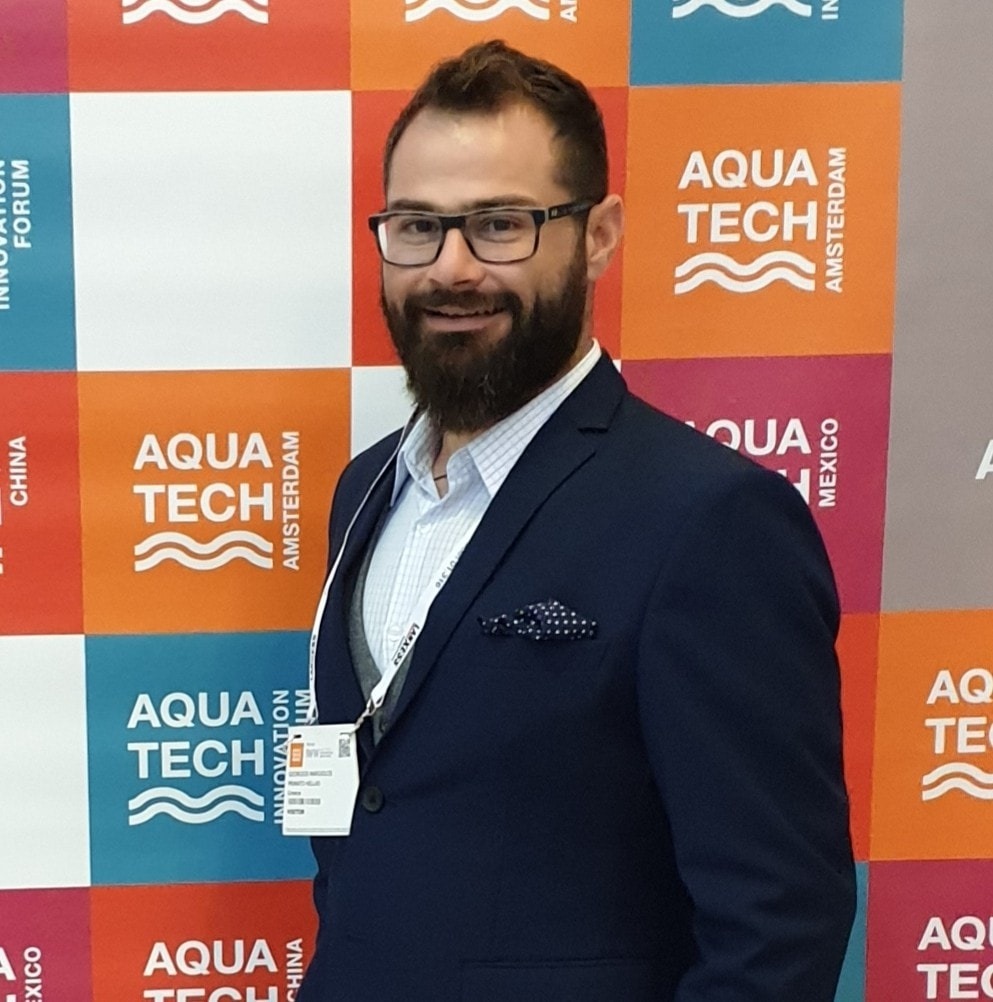
George Margiolos
George Margiolos was born in Thessaloniki and has graduated from the Department of Marketing of the Alexandreio Technological Educational Institute of Thessaloniki. He is fluent in English and (not so fluent) in German.
Ηe has been Project Manager at Avery Dennison - Fastener Division in the UK. There, his main project was to redesign the company's products into new applications so as to become more environmentally friendly. In combination with the fact that in the UK people are more familiar with water filters, he has developed a love for environmentally friendly water filters, which reduce the use of plastic bottles and improving people's quality of life.
Since 2008, he has published over 300 unique educational and informative articles on water filters and new water treatment technologies.
Occasionally, universities and doctoral students request to use George Margiolos' articles in their research because of their quality and uniqueness.
